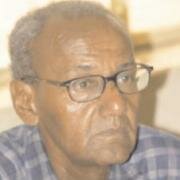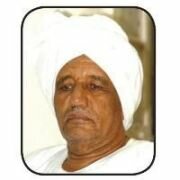The uncharacteristic announcement by the US State Department calling on South Sudan government not to harbor Sudanese rebel groups
will dominate discussions for some time, but it does not solve Sudan’s political problem that turned into a security one.
In the absence of a political accommodation that encourages these rebel groups to drop arms and resort to peaceful political activity inside the country the question will always remain where these rebel groups will go if they are kicked out of South Sudan. Given the fragility of the state in South Sudan it is easy to conclude that these groups can maintain some sort of a presence even without the consent of Juba.
Moreover, and given the moving sands in the region there is always a possibility that a government here or there can provide some refuge for these rebel groups as a plan (B) cautionary measure.
Yet this development represent a major shift since it was followed by a statement from the South Sudanese defense minister Kuol Manyang that they have given these rebel groups a month to leave the country or hand over their arms and stay as refugees.
On his part President Omar Al Bashir said that he will give Juba up to the end of the year, that is two months to honor previous promises of kicking out rebel groups from their country or disarm them, otherwise he threatened to “turn the page”.
Sudanese officials are hopeful that they could replicate their experience with Chad and Central Africa Republic, where joint border troops were set up to guard the security serving both countries. That is a legitimate aspiration as it will restore some tranquility to Sudan’s longest border with South Sudan.
If that is to happen Sudanese borders with all neighboring countries, except Libya, will be witnessing unprecedented calm.
But that will not be enough. External threats thrive on domestic problems in the first place. The more these internal loopholes are tightened the more it becomes difficult for these external threats to play foul internally.
And that brings the discussion where it should be: the domestic front, whether a political harmony could be achieved. For quite time now Sudan has been enjoying an extended period of unilateral ceasefire declarations that did not translate into formal ones; but at the same time no major military activity has been reported of late.
That could easily be described as a period carrying some of the features of the post conflict era. This is a tricky situation where things could fall back again into war atmosphere or move forward into peace. And the question becomes how to build peace and maintain it.
The US special envoy to Sudan and South Sudan Donald Booth is reported to have said that resorting to arms is no longer an option. Given the influence of US and its long association with Sudanese problems that statement could make much of a difference if followed by certain measures to push rebel groups to drop their guns and opt for peaceful political activity. But the main responsibility remains that of the government to engage into meaningful measures that can really plough the ground for real change.


